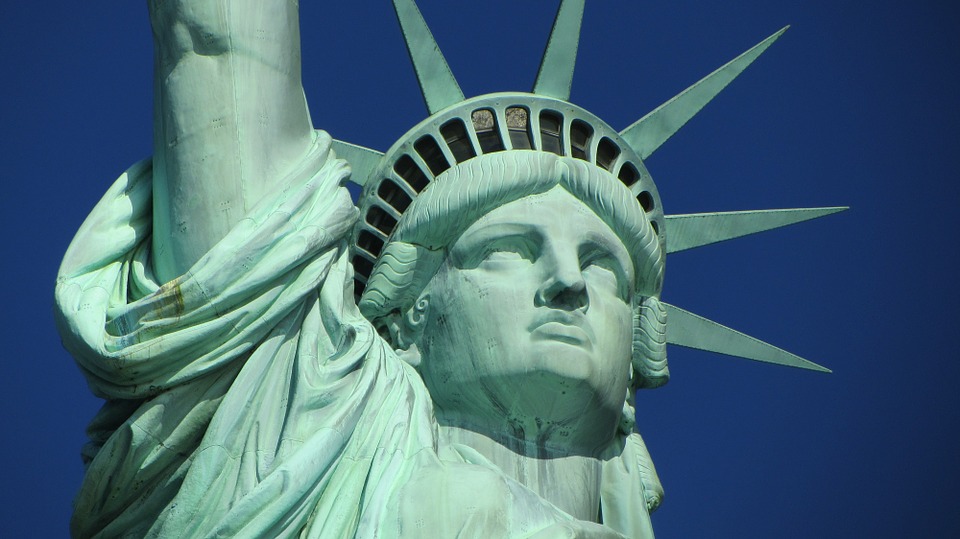It would be hard to imagine a larger deficiency in modern American society than the one we find in the ability of individual citizens to understand their proper relationship with government, and each other. Beneath the endless cacophony of varying special-interest groups lies a fundamental misunderstanding of the role we each play in a free society, and the role government plays in guaranteeing our place in a free society.
Immigration, taxation, healthcare, charity and welfare, gun control, free trade, foreign policy, and private property are just a few of the issues that dominate mainstream debate today, and the loudest voices on both the Left and Right clamor for rights that do not exist, for controls that should not be imposed, and for special treatment of their pet projects. Few actually understand the freedom they claim to desire for themselves and others. The moral posturing adopted by the various and many proponents of government intervention in society have little to offer those who wish to live in peace.
What moral compass should guide Americans when viewing the issues of the day? Through what prism ought we, as free citizens, view the actions of public officials and concerned interests, and the policies they pursue, allegedly for our benefit? The answer to that question is simple: libertarianism.
































